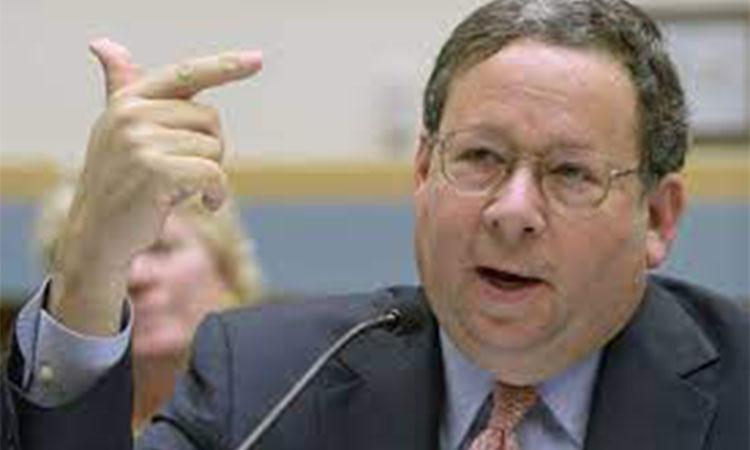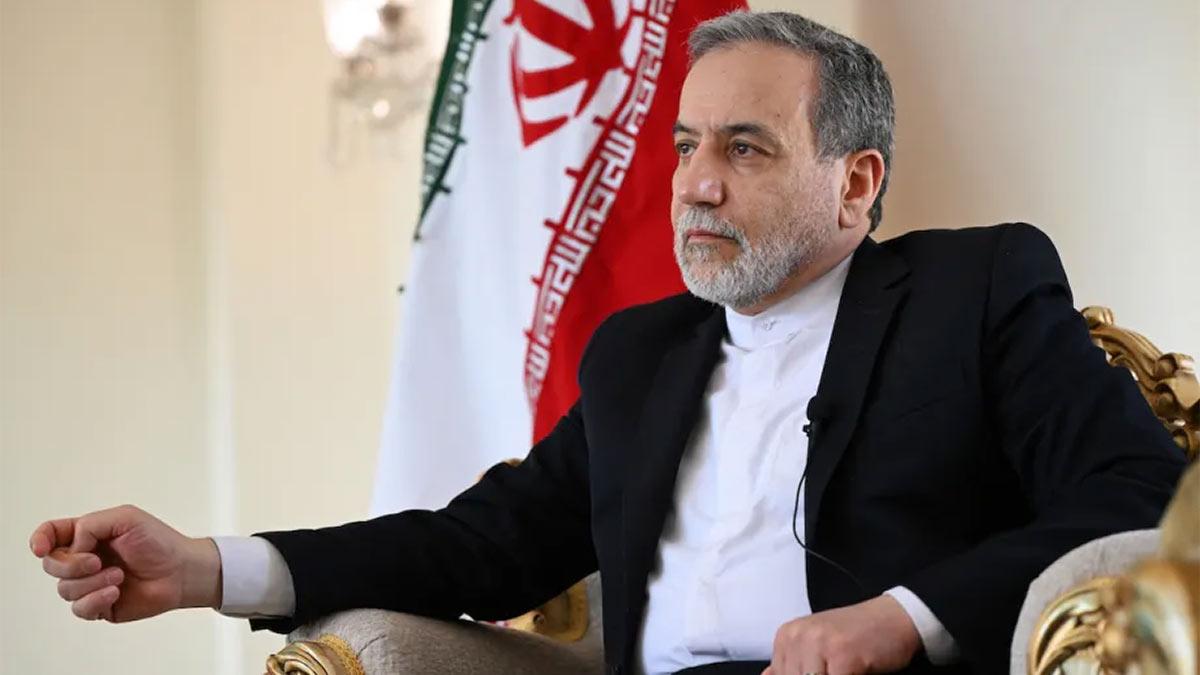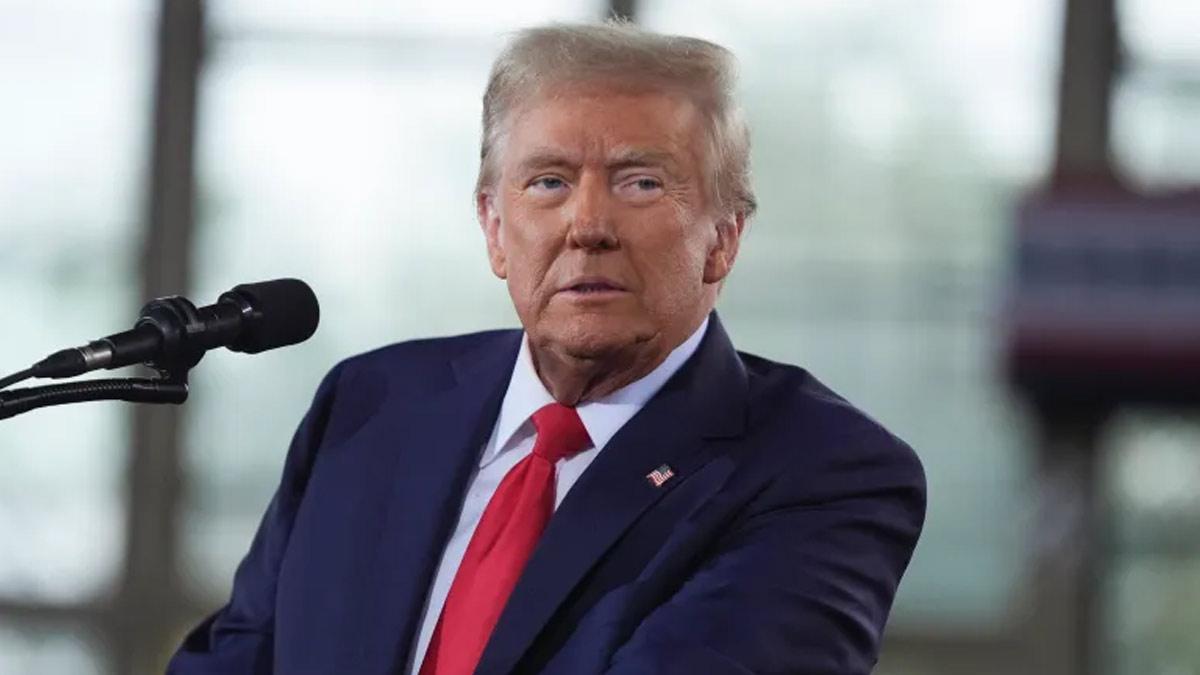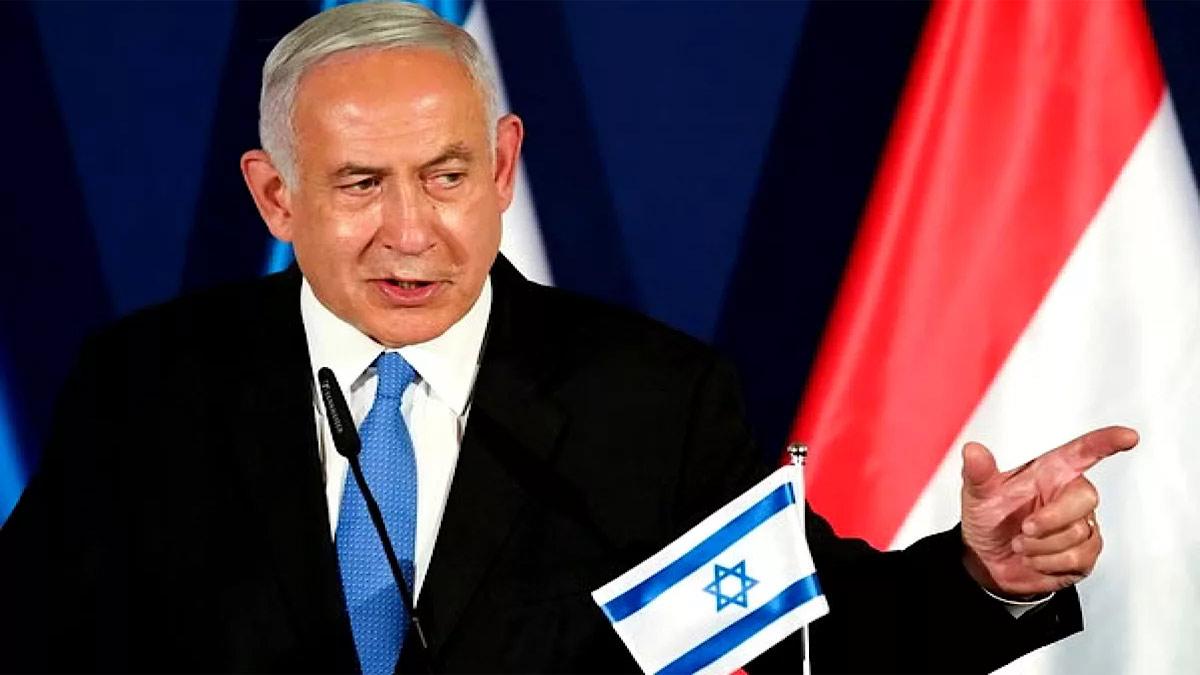US Ambassador to Canada David Cohen has said Canadian Prime Minister Justin Trudeau's allegation against India was based on "shared intelligence among Five Eyes partners," the media reported.
"There was shared intelligence among Five Eyes partners that helped lead Canada to making the statements that the Prime Minister Trudeau made," Cohen said in an exclusive interview to CTV.
The Canadian government has collected "human and signal intelligence" involving Indian officials, including Indian diplomats present in Canada linking them to killing of Hardeep Singh Nijjar, the media reported.
"Based on a month-long investigation into Nijjar's death, the Canadian government had amassed both human and signals intelligence which includes communications involving Indian officials themselves, including Indian diplomats present in Canada," public broadcaster Canadian Broadcasting Corporation (CBC) reported quoting government sources.
Some of the intelligence was provided by an unnamed ally in the Five Eyes intelligence alliance, that consists of the US, the UK, Australia, Canada and New Zealand, the CBC reported.
India and Canada are enmeshed in a diplomatic row over Canadian Prime Minister Justin Trudeau allegation of involvement of Indian intelligence and the state in the killing of Canadian citizen and Sikh separatist leader Hardeep Singh Nijjar, who was killed in June in British Columbia. Nijjar was declared designated terrorist by India in 2020.
India had rejected claims by the Canada government terming them as "absurd and motivated".
Both countries announced tit-for-tat expulsions of senior diplomats and issued travel advisories.
Nijjar was shot dead outside a Sikh Gurdwara in Surrey, British Columbia on June 18.
ALSO READ | A vocal minority today, Indians first arrived in a hostile Canada in 1902
ALSO READ | Powerful head of US Senate Foreign Affairs panel charged with corruption


















